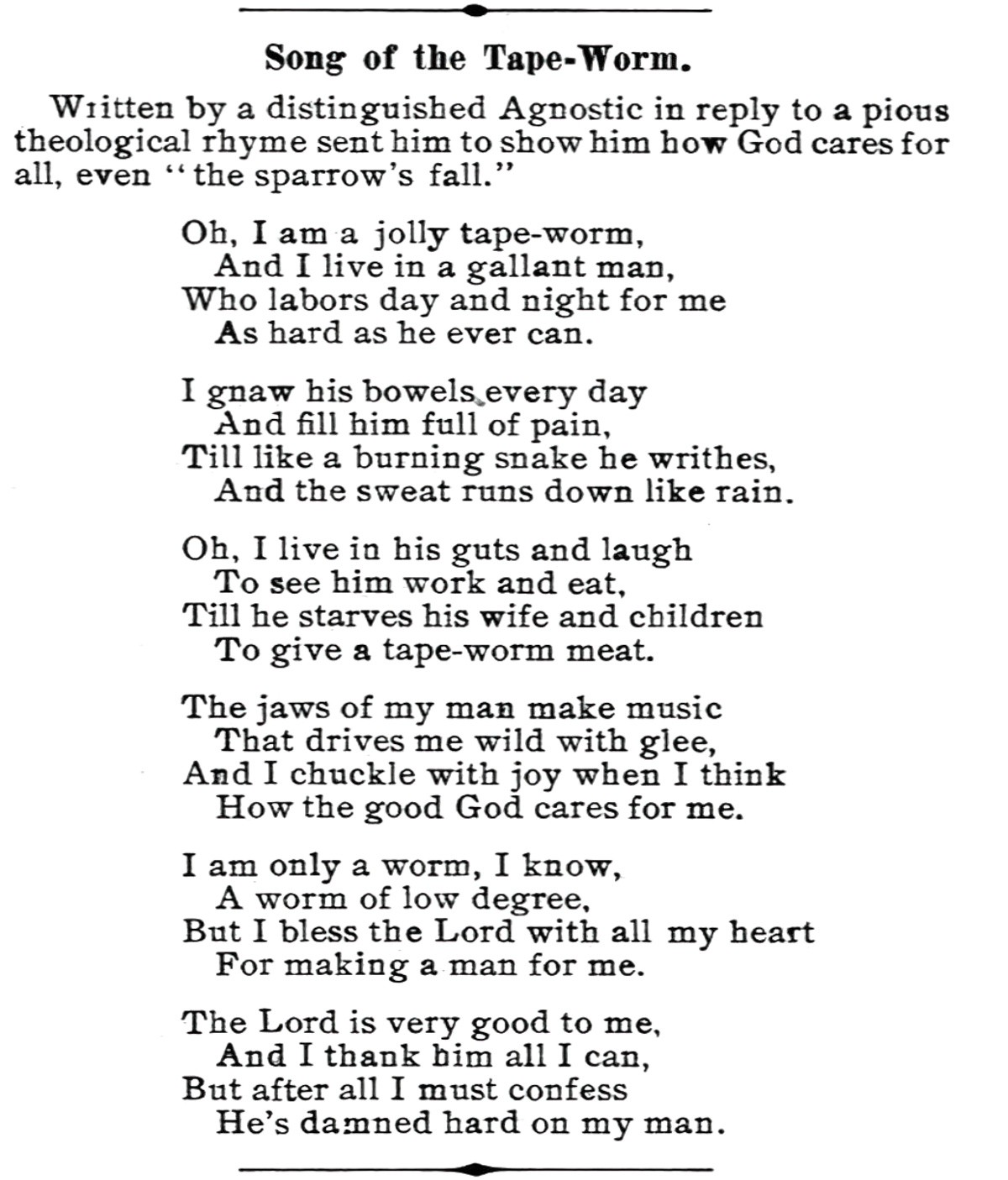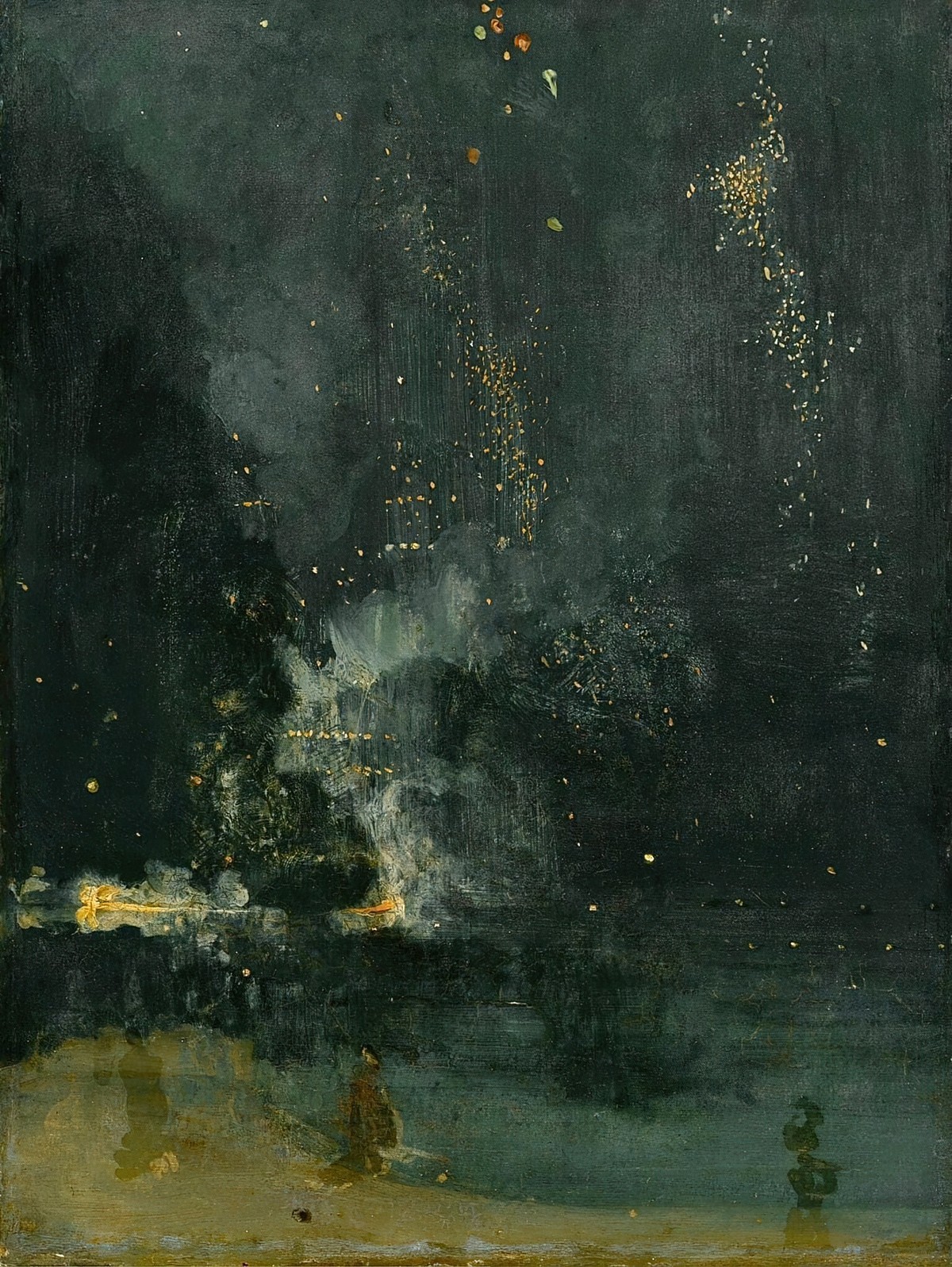Short-story writers always have been subject at the same time to both a stricter technical discipline and a wider freedom than the novelist. Short-story writers have known–and solved by nature of their choice of form—what novelists seem to have discovered in despair only now: the strongest convention of the novel, prolonged coherence of tone, to which even the most experimental of novels must conform unless it is to fall apart, is false to the nature of whatever can be grasped by human reality.
How shall I put it? Each of us has a thousand lives and a novel gives a character only one. For the sake of the form. The novelist may juggle about with chronology and throw narrative overboard; all the time his characters have the reader by the hand, there is a consistency of relationship throughout the experience that cannot and does not convey the quality of human life, where contact is more like the flash of fireflies, in and out, now here, now there, in darkness. Short-story writers see by the light of the flash; theirs is the art of the only thing one can be pure of—the present moment.
Nadine Gordimer in Charles E. May’s Short Story Theories collection
We followed up the river as we rode,
“The Princess” by Alfred, Lord Tennyson
And rode till midnight when the college lights
Began to glitter firefly-like in copse
For people living through the Victorian era, if a firefly ever came into your home, this meant someone would die soon.
Also in Japan, fireflies symbolise the human soul and prefigure death. Studio Ghibli’s Grave of the Fireflies uses this symbolism most obviously.
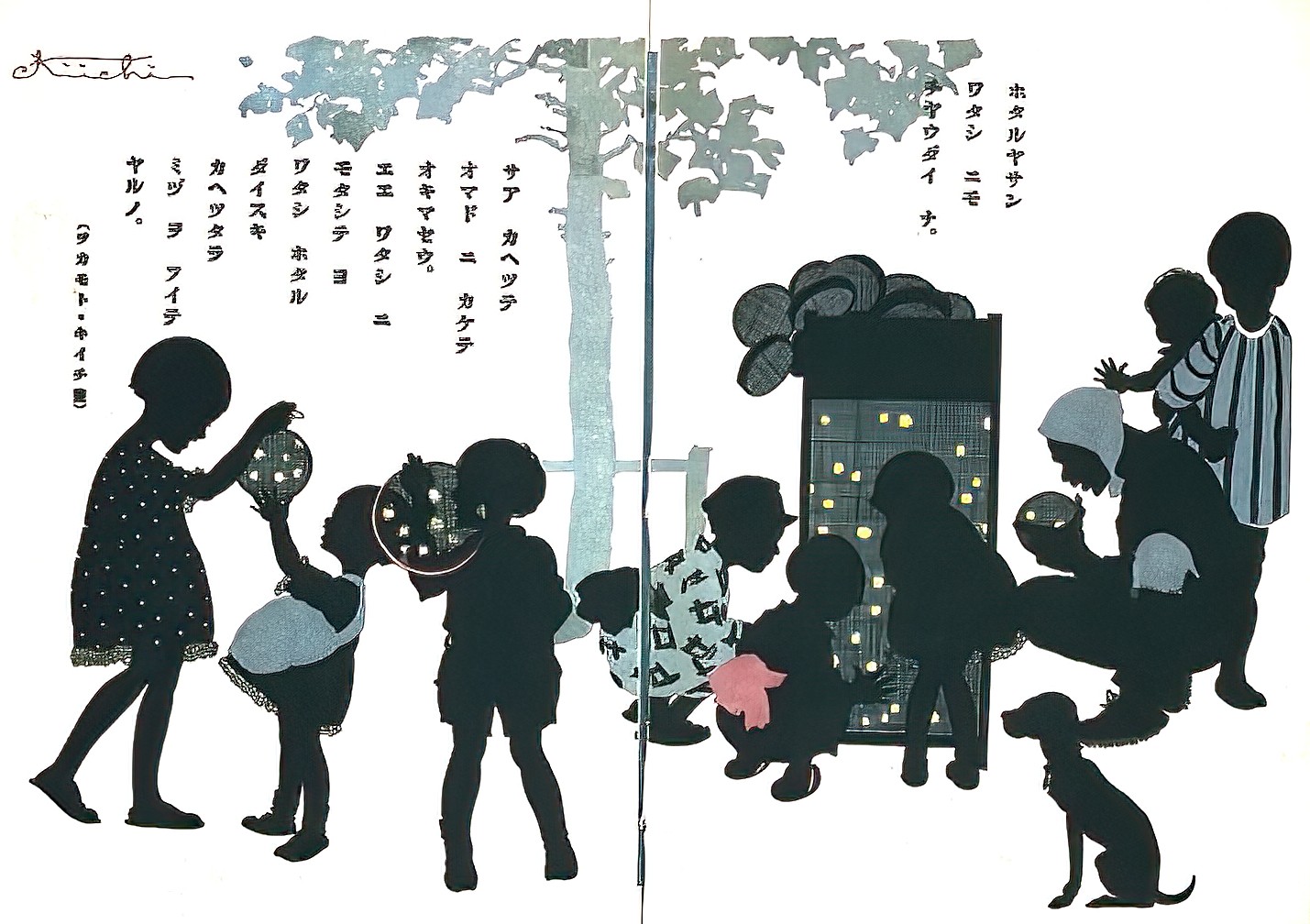
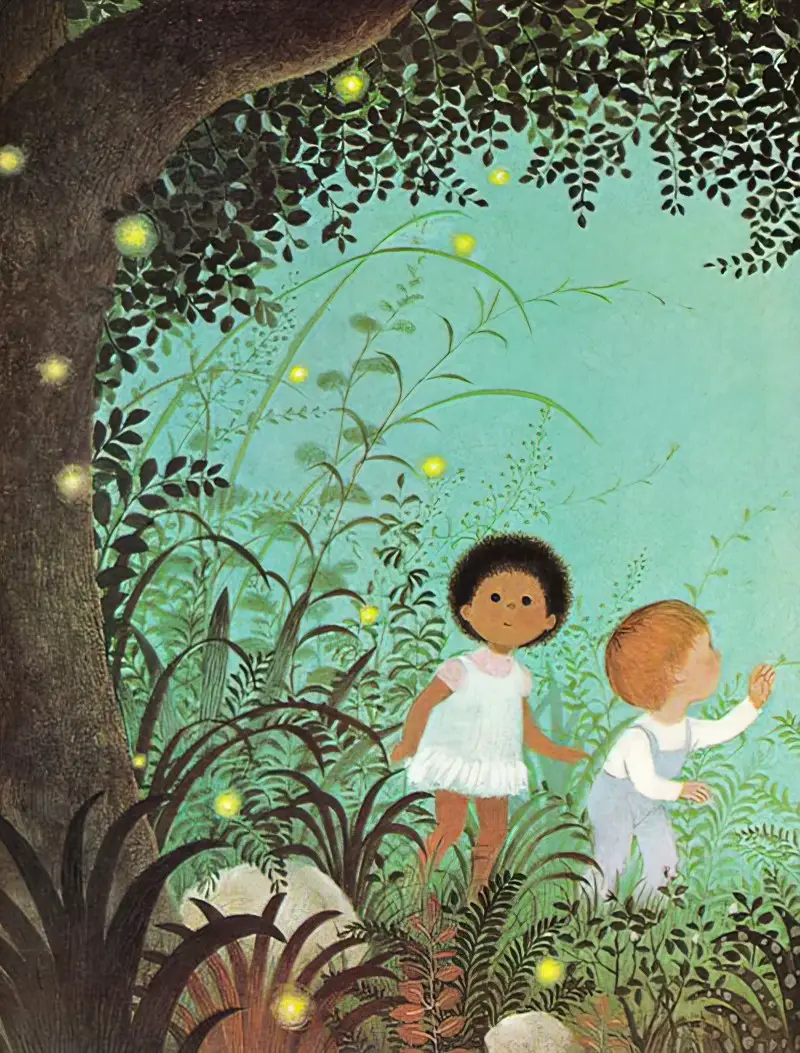
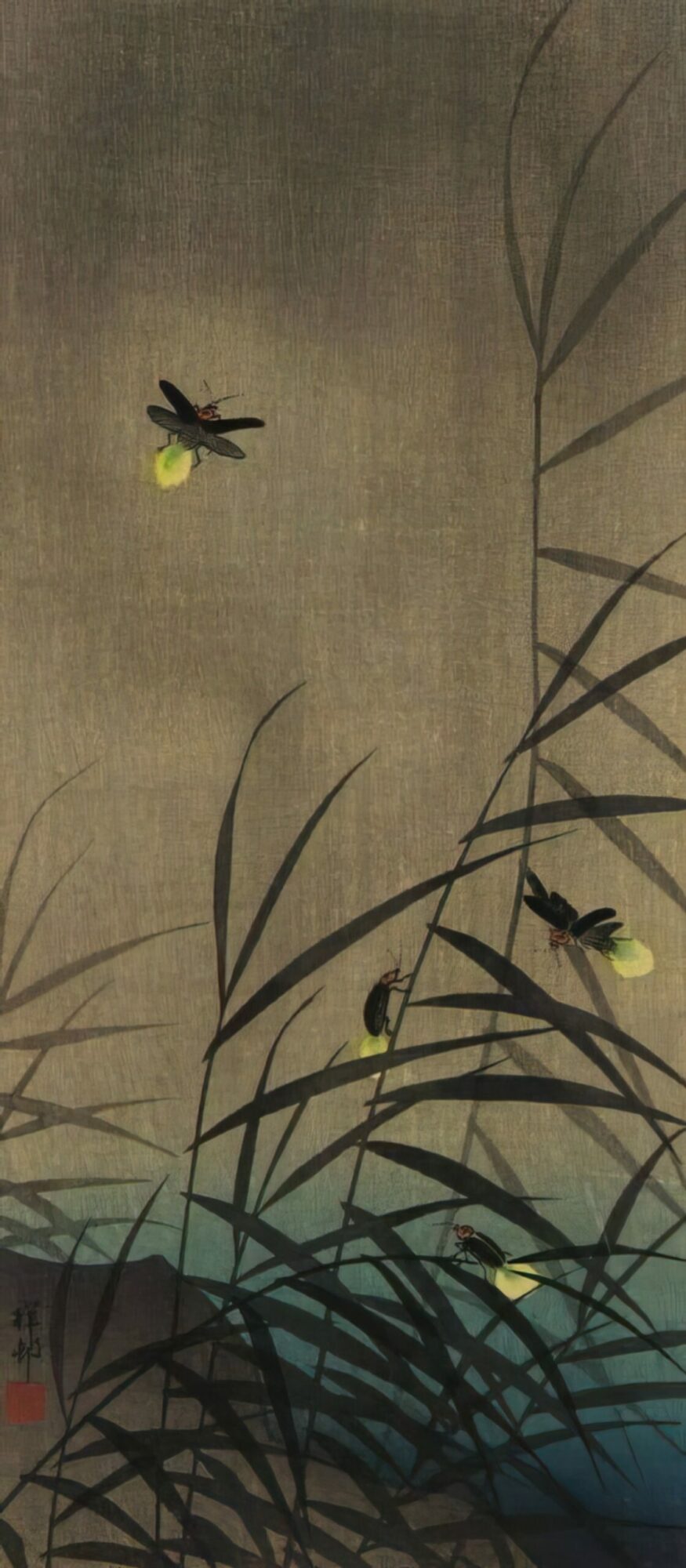
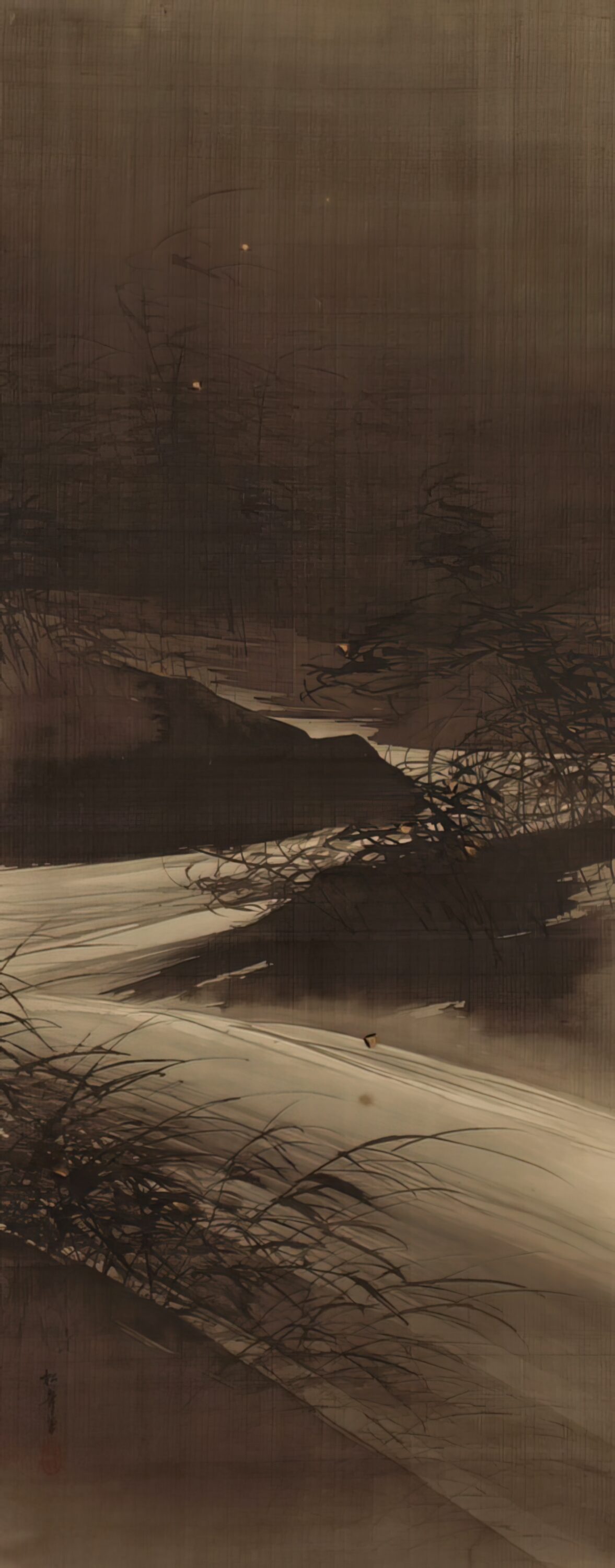
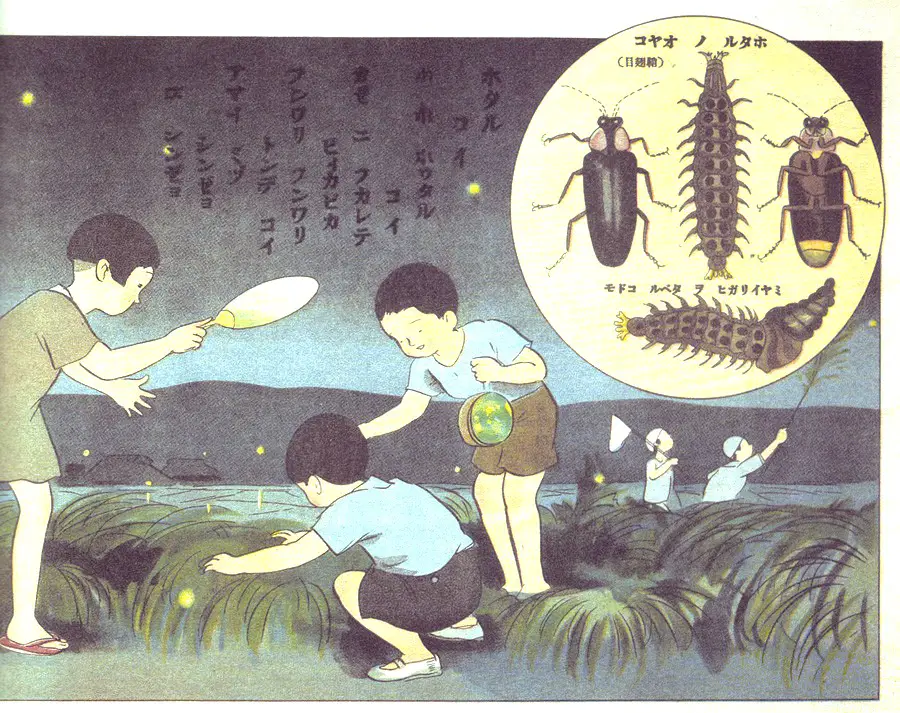
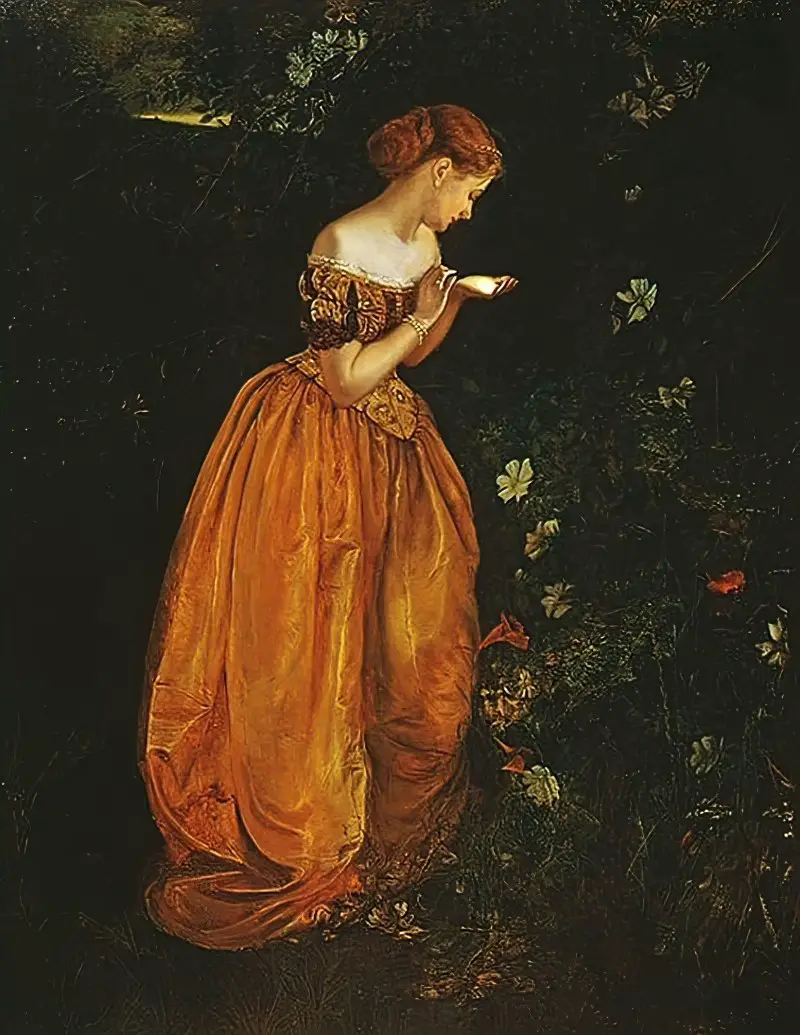
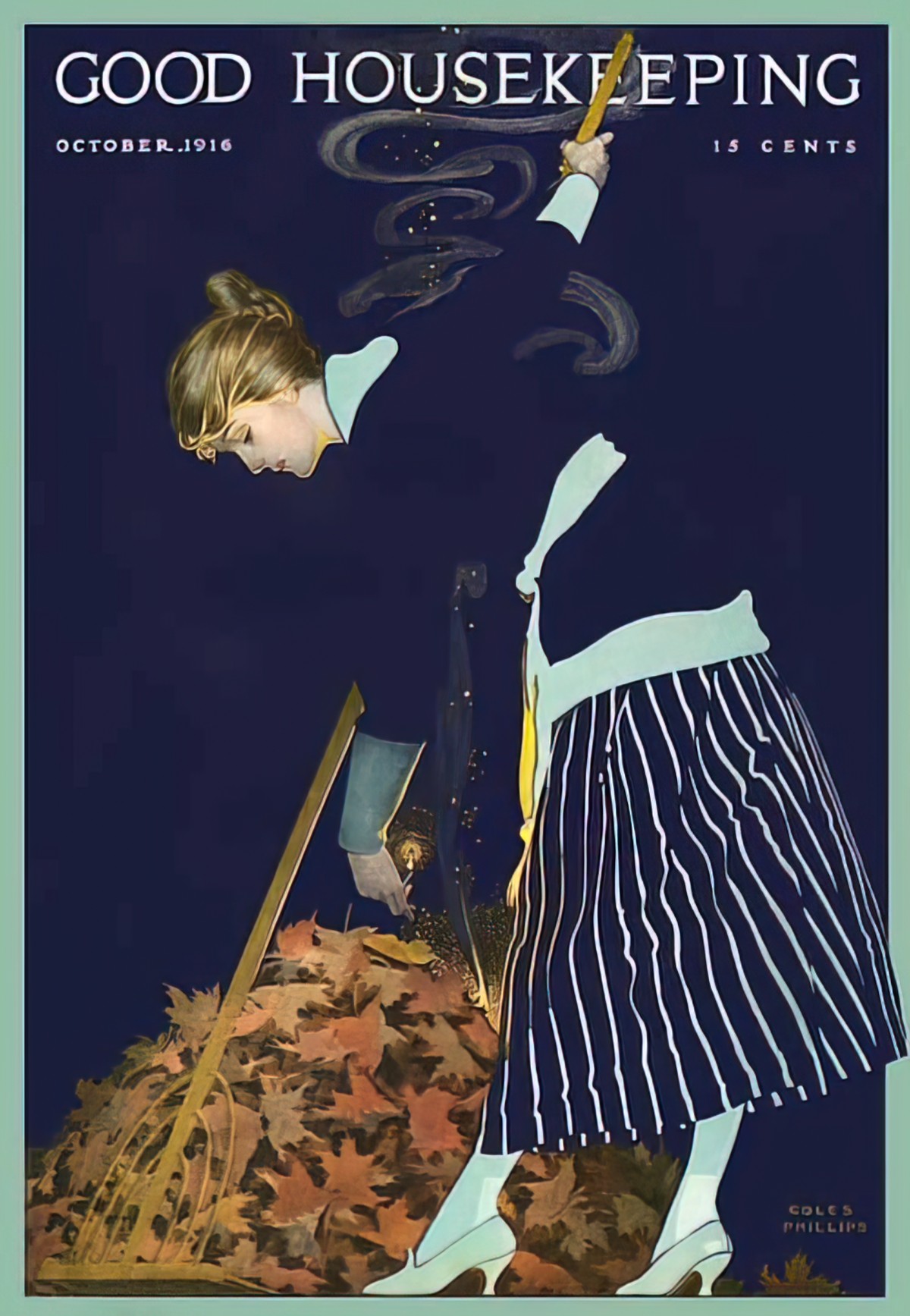
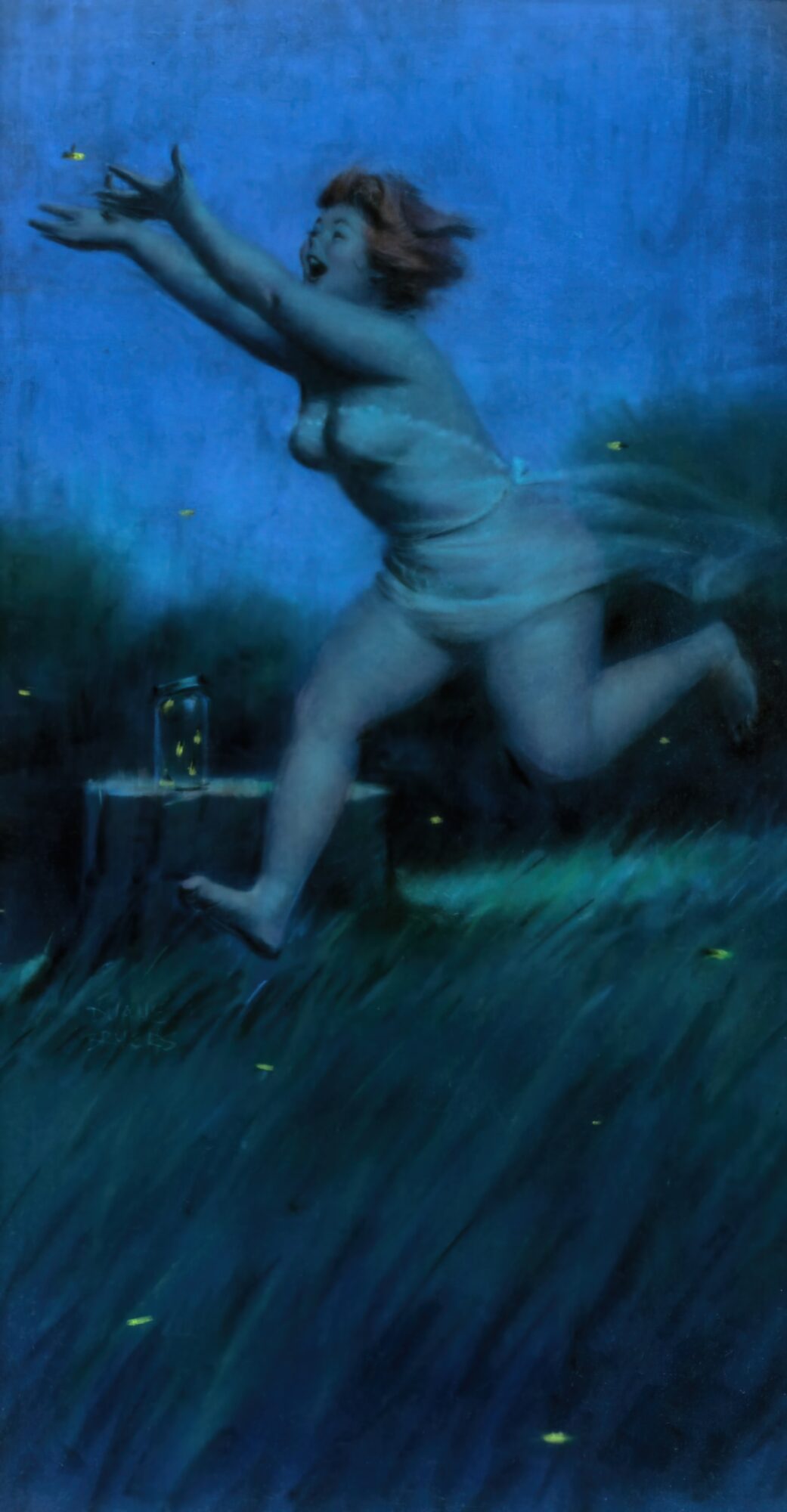
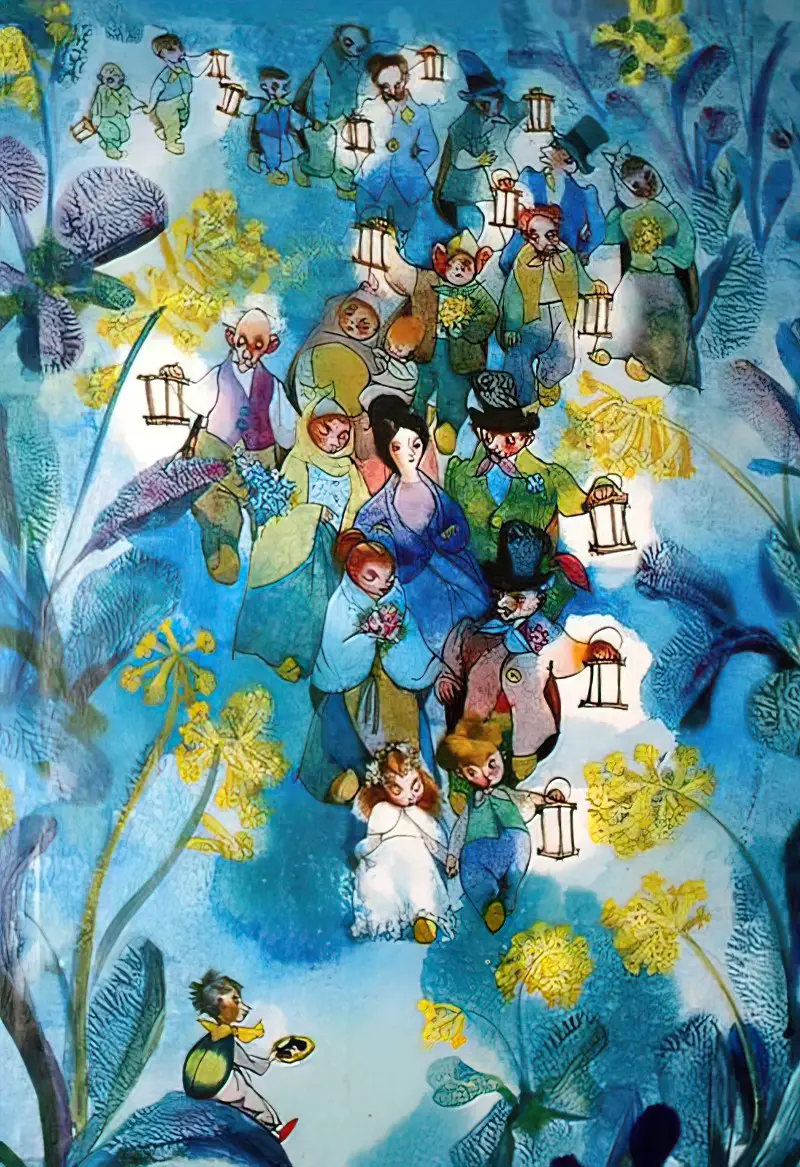
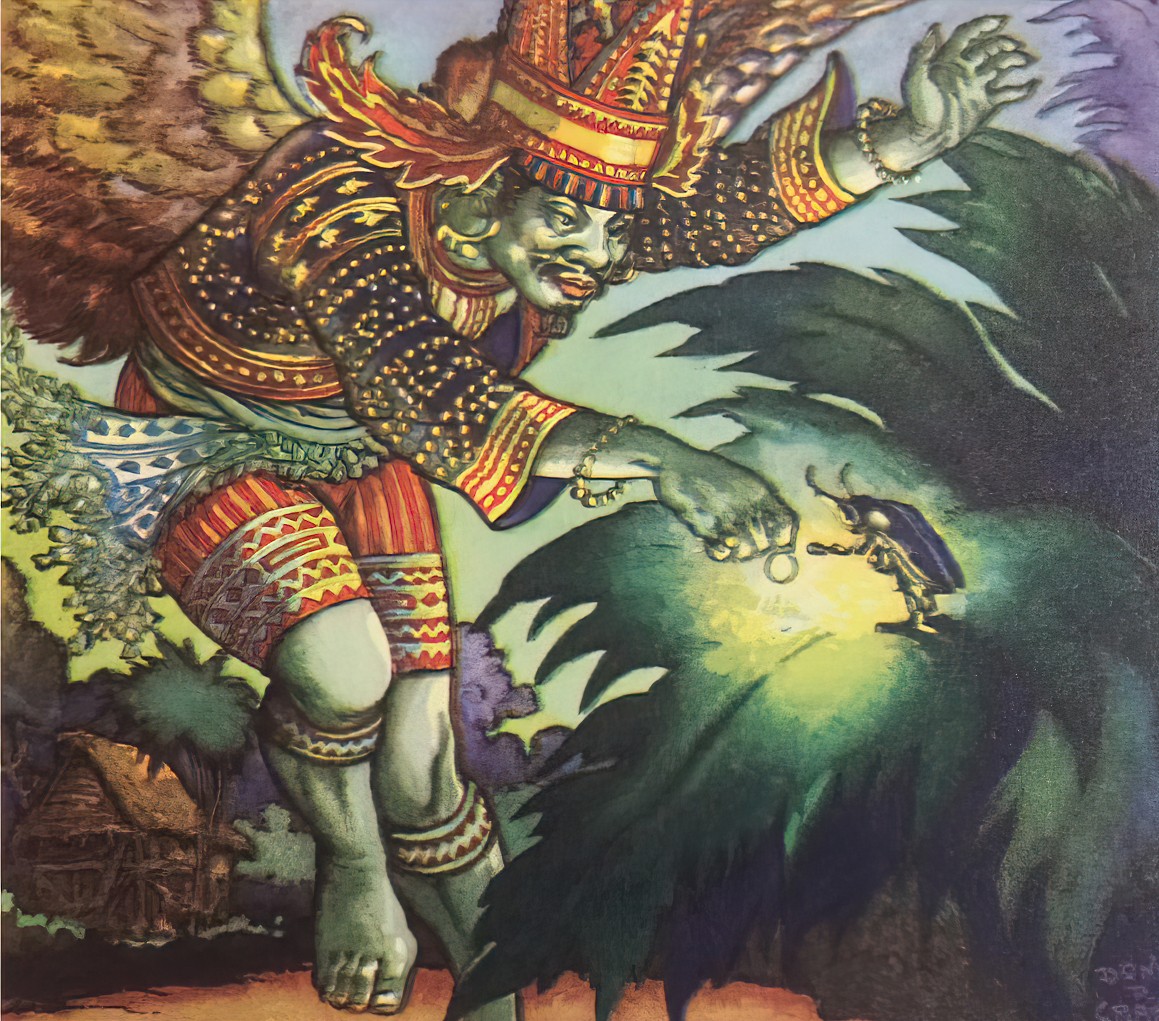
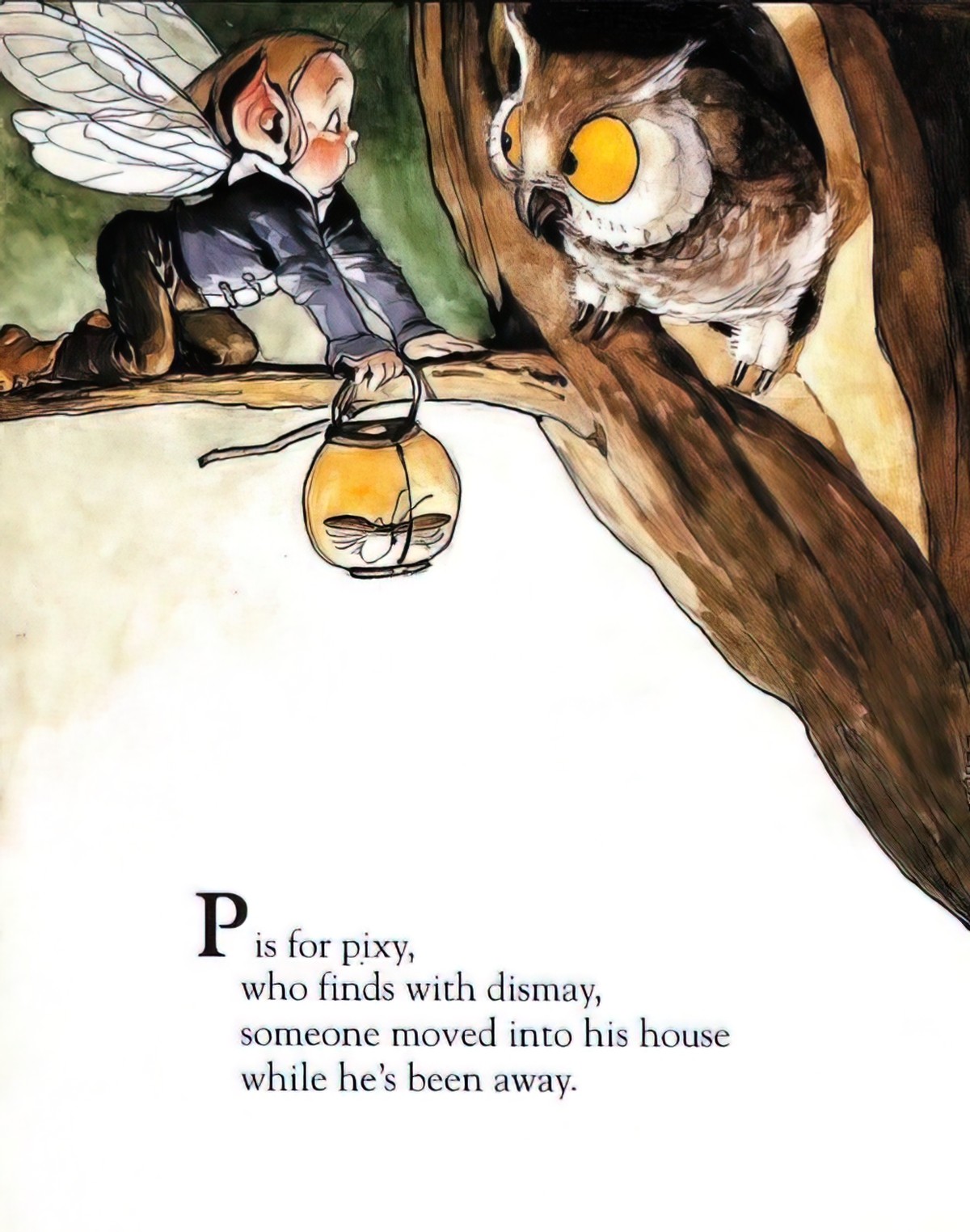
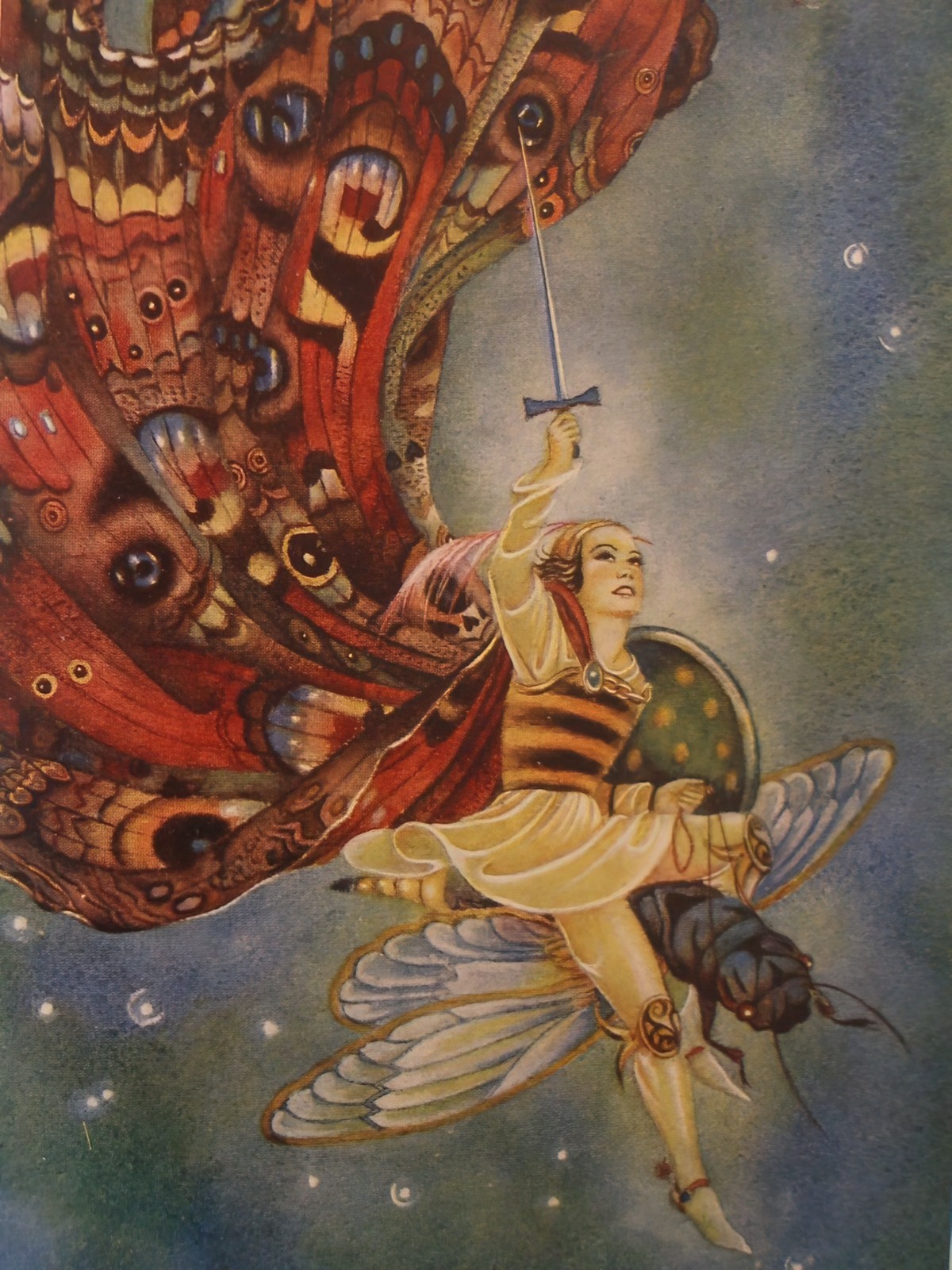
A Fairy In Armor by Joseph Rodman Drake He put his acorn helmet on; It was plumed of the silk of the thistle down; The corslet plate that guarded his breast Was once the wild bee's golden vest; His cloak, of a thousand mingled dyes, Was formed of the wings of butterflies; His shield was the shell of a lady-bug green, Studs of gold on a ground of green; And the quivering lance which he brandished bright, Was the sting of a wasp he had slain in fight. Swift he bestrode his fire-fly steed; He bared his blade of the bent-grass blue; He drove his spurs of the cockle-seed, And away like a glance of thought he flew, To skim the heavens, and follow far The fiery trail of the rocket-star.
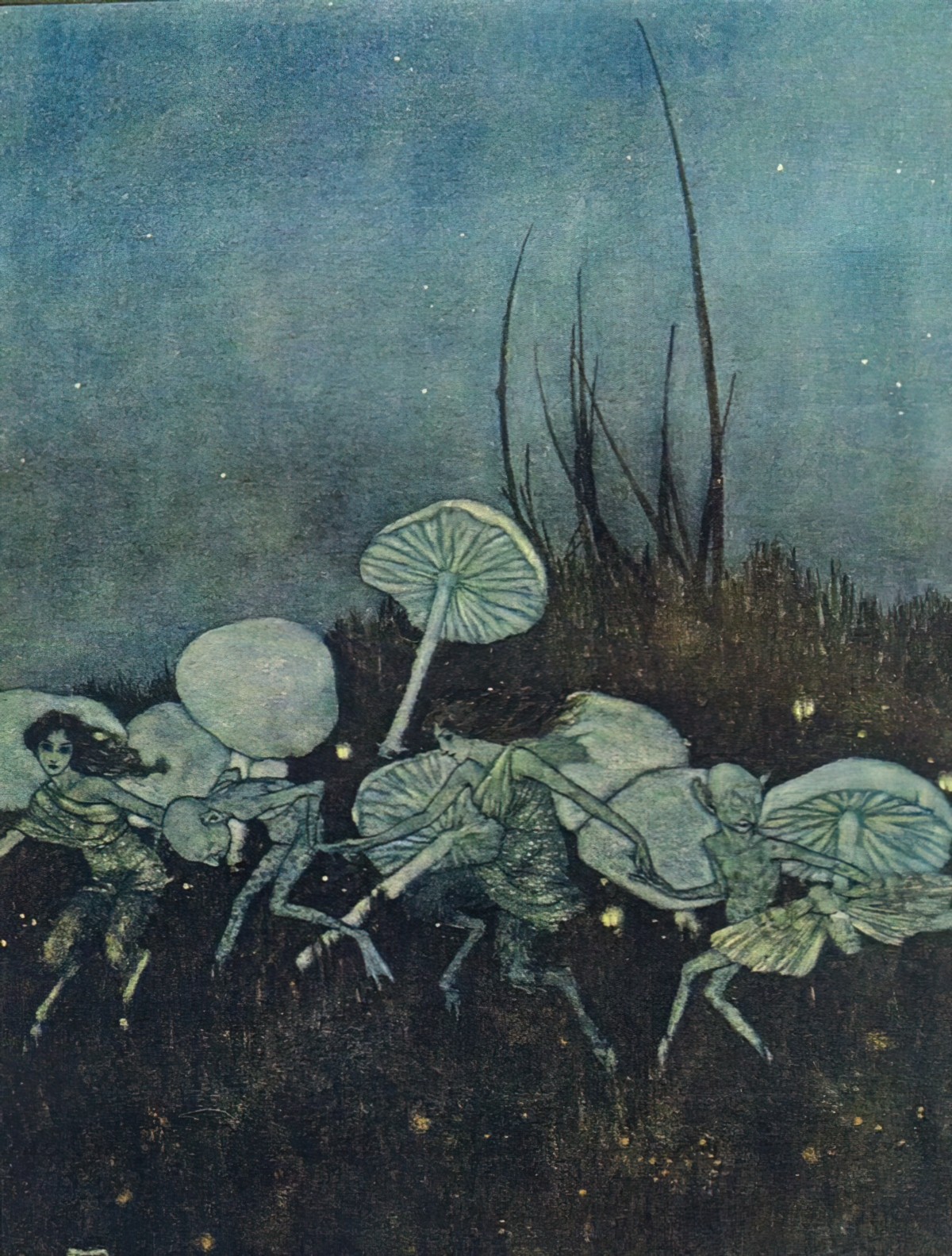
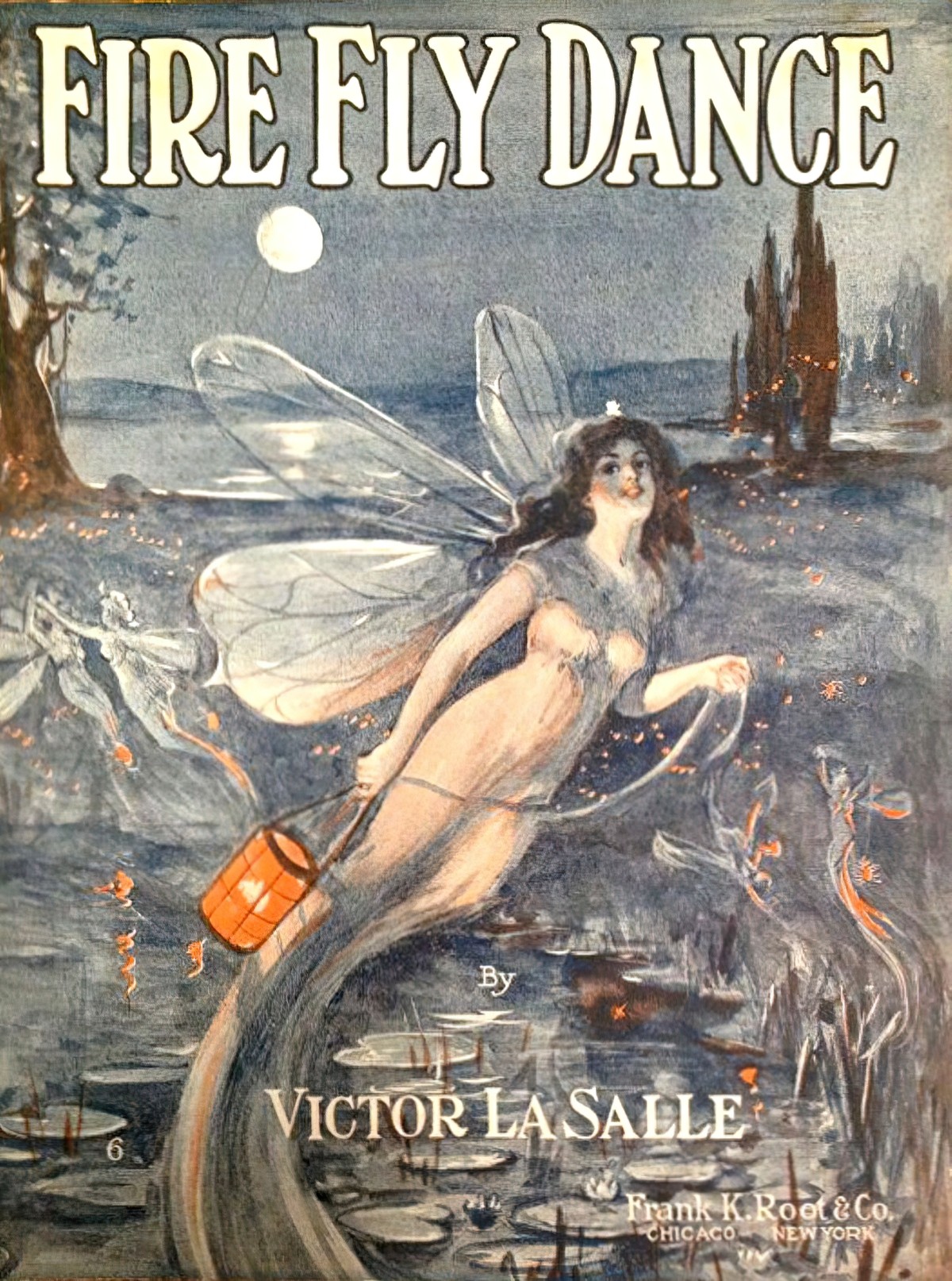
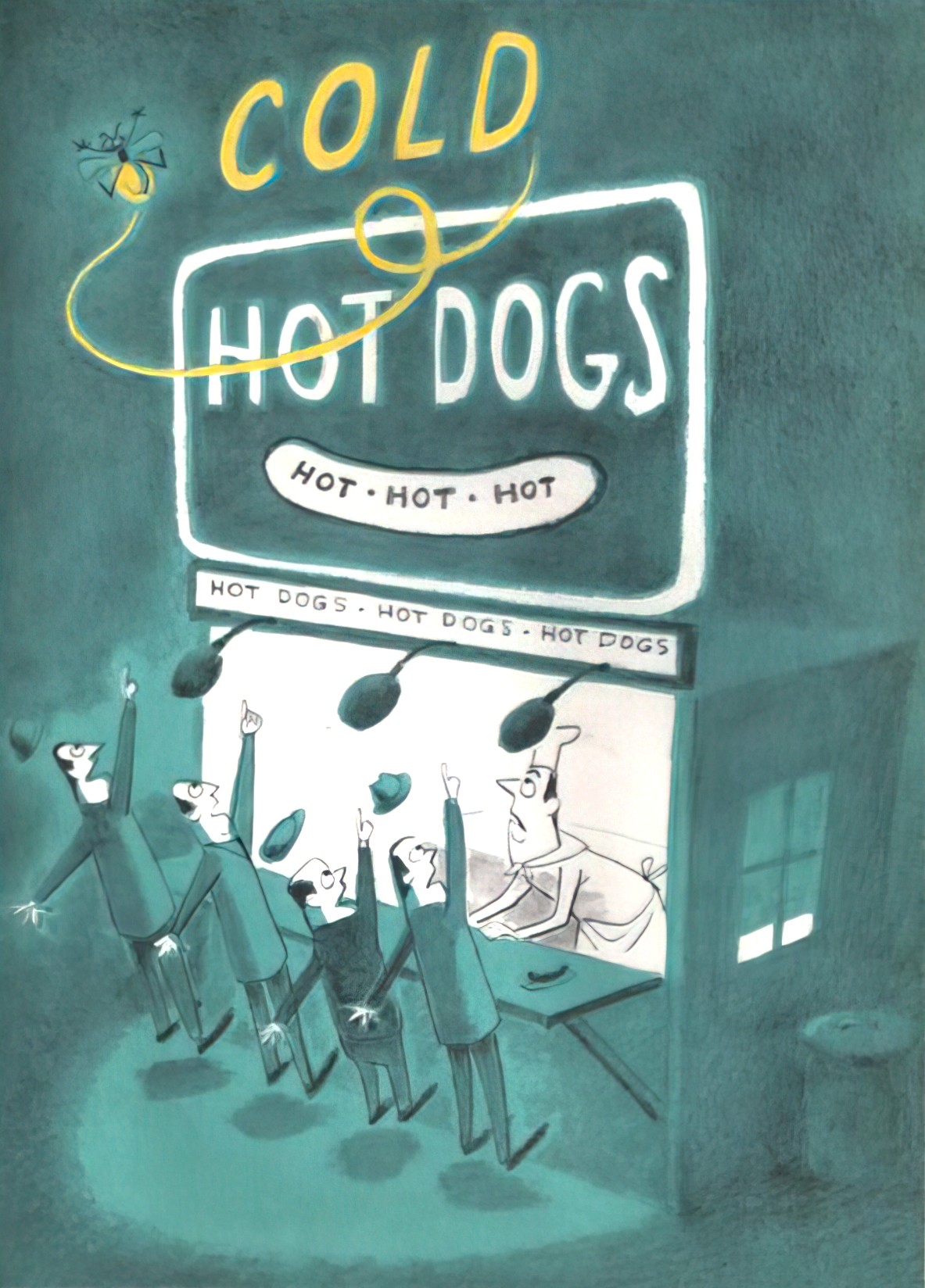
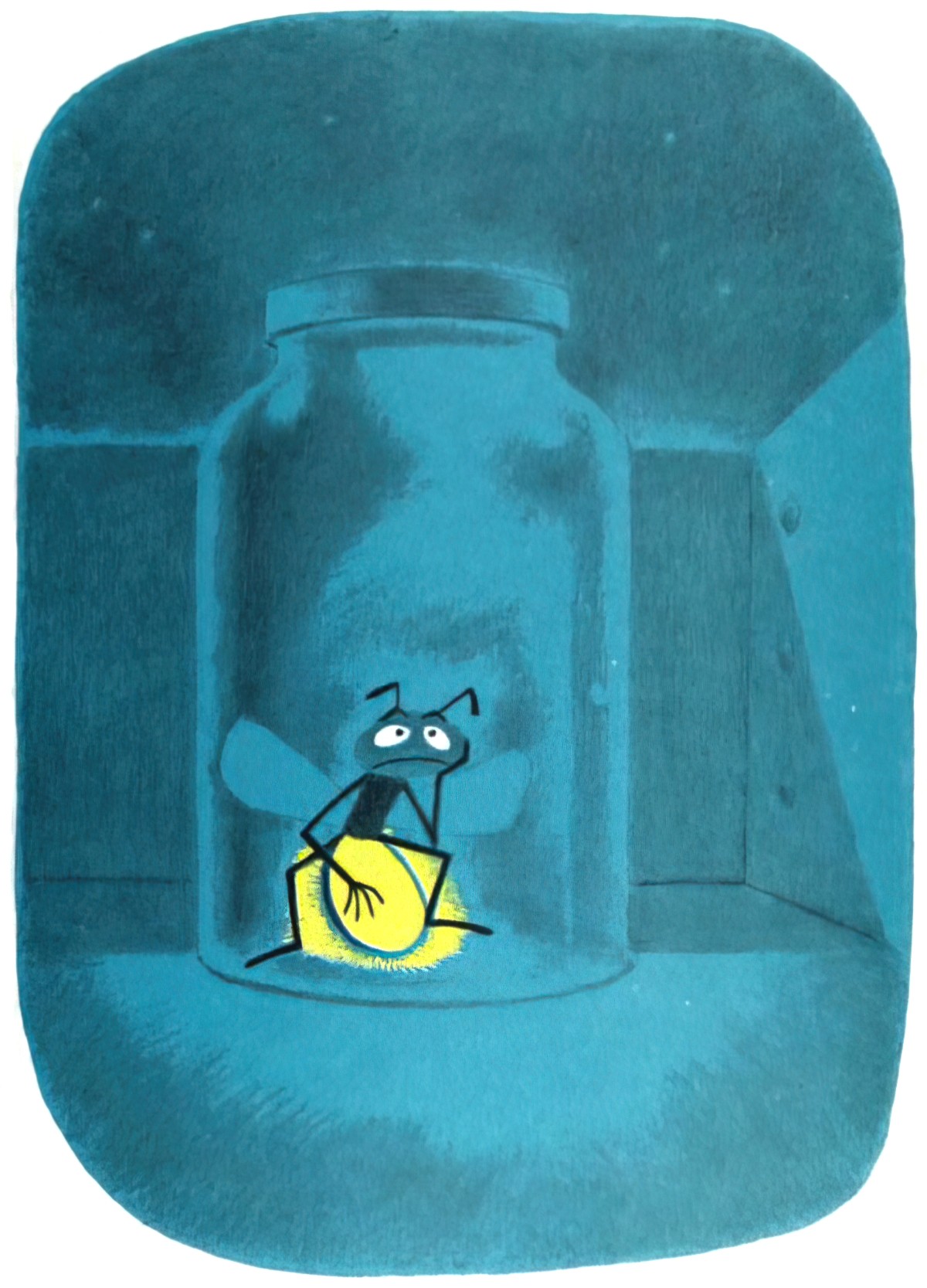
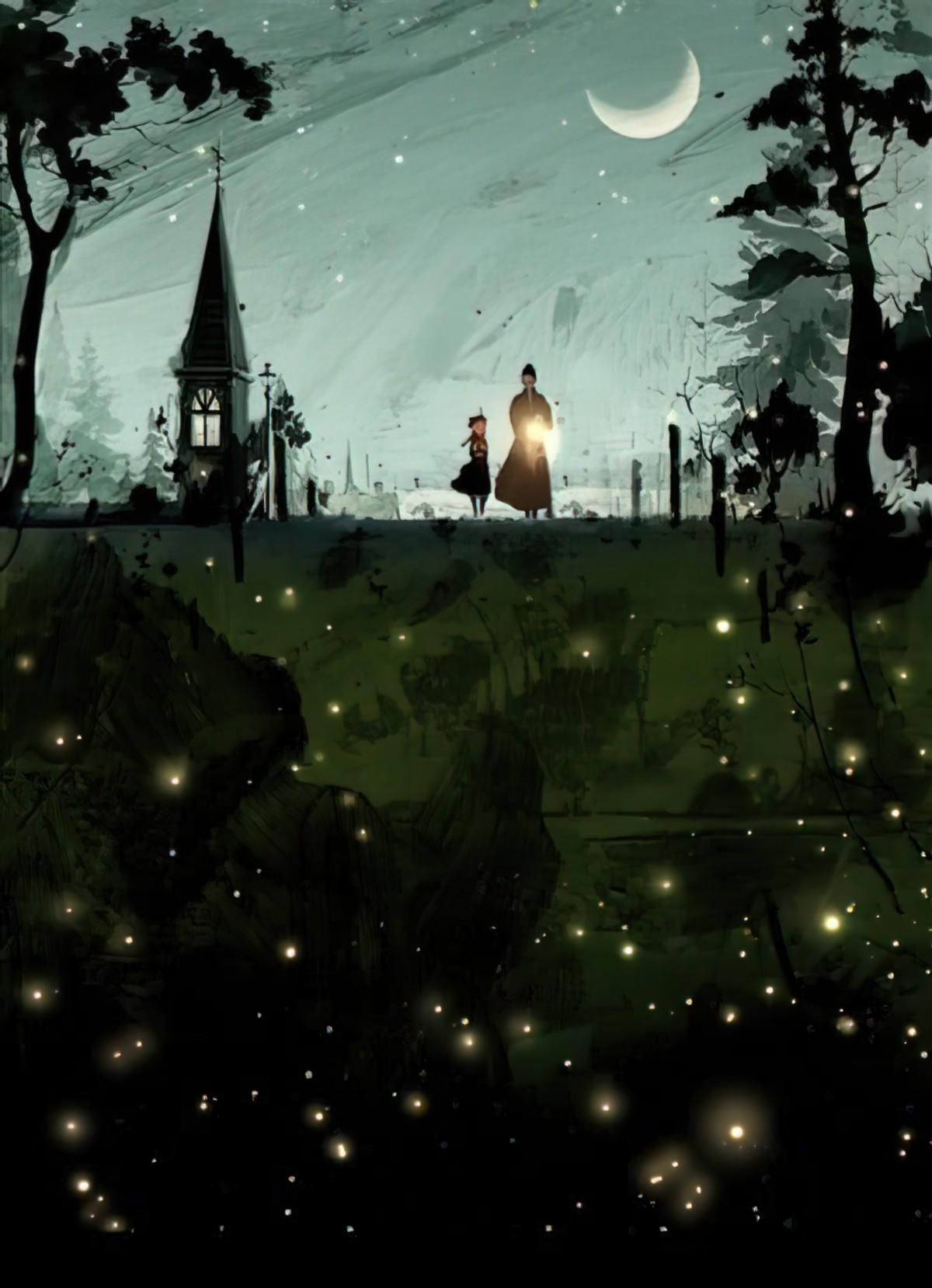
Now to the less celebrated worms.
